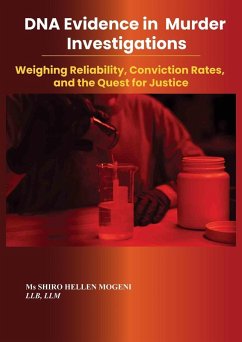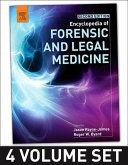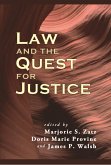This book was born from a growing need to examine these questions with a balanced and critical eye. While popular media often portrays DNA as a flawless key to solving crimes, the reality is far more complex. In murder investigations especially where the stakes are as high as life and death the weight placed on DNA can both illuminate the truth and, in some cases, obscure it.
Drawing on case studies, expert analyses, courtroom practices, and advances in forensic science, this book explores the dual-edged nature of DNA evidence. It delves into the processes behind collection and analysis, the potential for contamination or misinterpretation, and the legal and ethical frameworks that govern its use. At the heart of this exploration is a singular, pressing question: does the use of DNA in murder investigations truly advance the cause of justice or can it, when misused or misunderstood, become a source of profound injustice?
Whether you are a legal practitioner, a forensic scientist, a criminal justice scholar, or a curious reader seeking to understand the intersection of science and law, this book invites you to consider the promises and pitfalls of DNA evidence. It challenges assumptions, encourages informed debate, and above all, seeks to contribute to a more transparent and just criminal justice system.
In these pages, does not merely recount how DNA has changed murder investigations we critically weigh its role in shaping outcomes that affect lives, communities, and society at large.
Dieser Download kann aus rechtlichen Gründen nur mit Rechnungsadresse in A, B, CY, CZ, D, DK, EW, E, FIN, F, GR, H, IRL, I, LT, L, LR, M, NL, PL, P, R, S, SLO, SK ausgeliefert werden.









